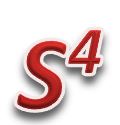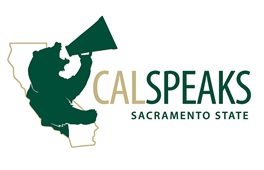New Teaching Exercises
Our list of teaching exercises has been expanded significantly.
Ed Nelson (CSU Fresno) has developed a variety of additions to our collection, mostly using the 2014 General Social Survey. The most extensive of these are designed to teach introductory statistics. Together, the statistics materials could be used as a supplementary textbook, but they were written so each exercise is independent of the others. Ed has also developed exercise sets on a variety of other topics.
John Korey (Cal Poly Pomona) has contributed a series of exercises on longitudinal analysis.




